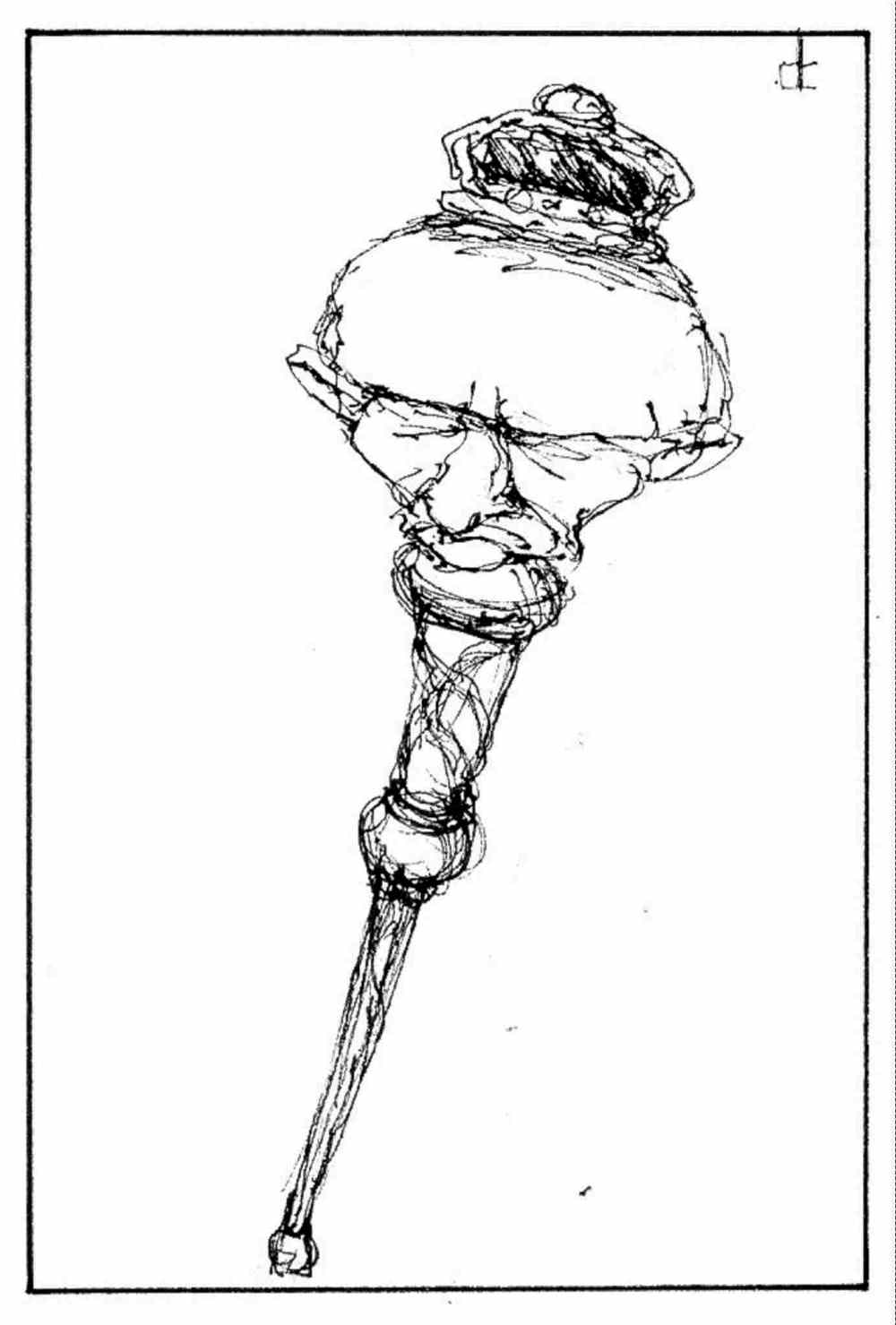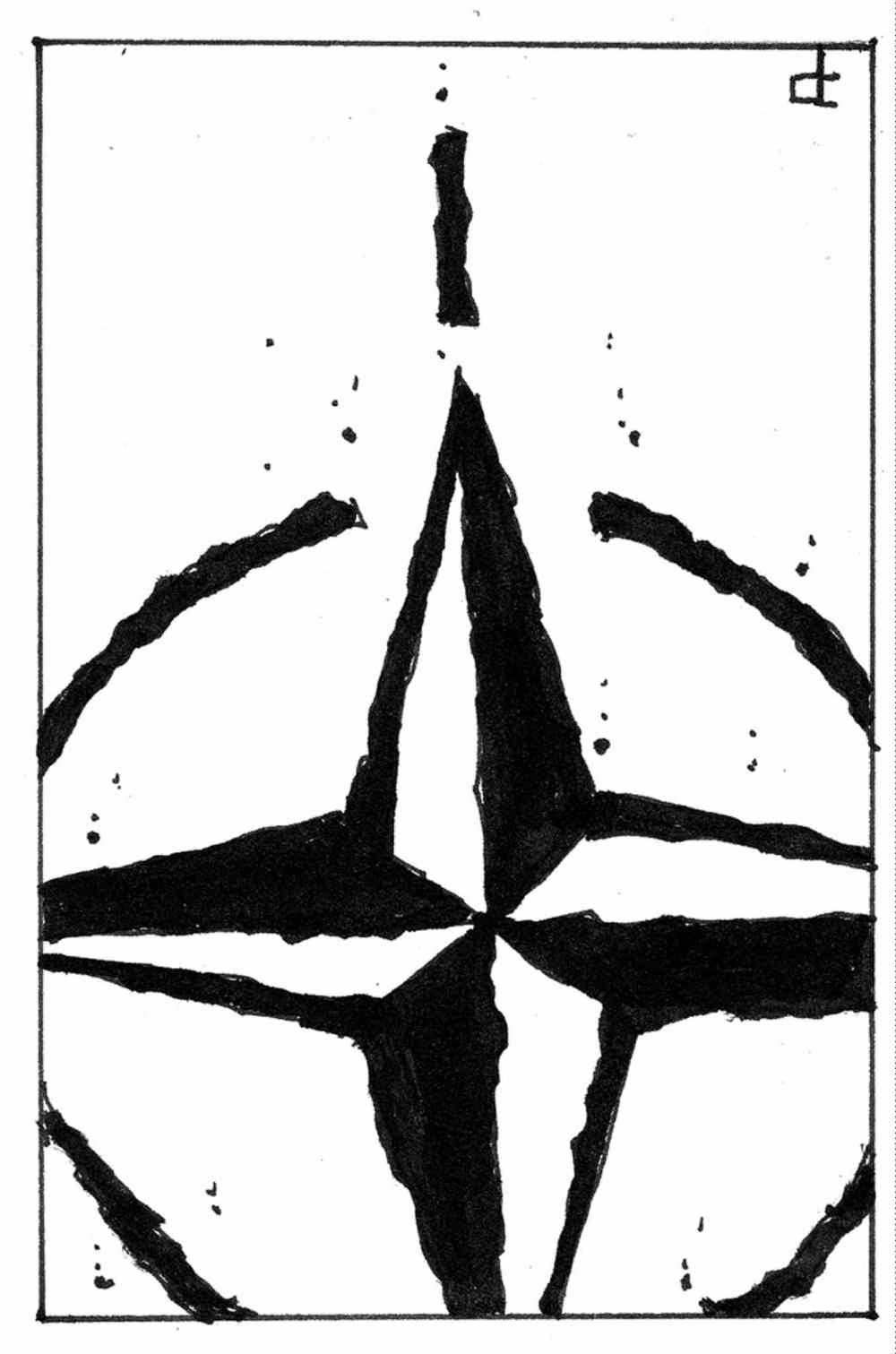Putin confronts the world
Advertisement
Read this article for free:
or
Already have an account? Log in here »
To continue reading, please subscribe:
Monthly Digital Subscription
$1 per week for 24 weeks*
- Enjoy unlimited reading on winnipegfreepress.com
- Read the E-Edition, our digital replica newspaper
- Access News Break, our award-winning app
- Play interactive puzzles
*Billed as $4.00 plus GST every four weeks. After 24 weeks, price increases to the regular rate of $19.95 plus GST every four weeks. Offer available to new and qualified returning subscribers only. Cancel any time.
Monthly Digital Subscription
$4.99/week*
- Enjoy unlimited reading on winnipegfreepress.com
- Read the E-Edition, our digital replica newspaper
- Access News Break, our award-winning app
- Play interactive puzzles
*Billed as $19.95 plus GST every four weeks. Cancel any time.
To continue reading, please subscribe:
Add Free Press access to your Brandon Sun subscription for only an additional
$1 for the first 4 weeks*
*Your next subscription payment will increase by $1.00 and you will be charged $16.99 plus GST for four weeks. After four weeks, your payment will increase to $23.99 plus GST every four weeks.
Read unlimited articles for free today:
or
Already have an account? Log in here »
Hey there, time traveller!
This article was published 04/03/2014 (4344 days ago), so information in it may no longer be current.
RUSSIA is tightening its grip on Crimea and making plans to annex the semiautonomous republic that has been part of Ukraine for nearly 60 years, but which has a longer pedigree as a Russian territory.

The question now is what does Russian President Vladimir Putin plan to do next? And how should the western powers respond?
Historical parallels are already being drawn to the Munich Crisis of 1938, when Britain and France abandoned Czechoslovakia in return for “peace in our time.” Appeasement has been a dirty word ever since, which is unfortunate because sometimes appeasement can be the right course in resolving old grievances.
Others say Russia’s conduct marks a resumption of the Cold War, or even the beginning of a Second Cold War. German Chancellor Angela Merkel is reported to have said she fears Mr. Putin has lost his grip on reality.
None of these perspectives is particularly useful, however, in offering insight into the current crisis.
There is no doubt Russia’s aggression is unwarranted and without legal justification, but there is method to the madness.
Following the collapse of the Soviet Union in 1992, the former republics declared independence and most eventually joined NATO. With the exception of Belarus, Russia’s western border is occupied by countries allied to the West. The Americans even tried to place missiles in Poland and other former East Bloc countries, saying they were intended to defend against Iran, which no one believed.
Having lost its western buffer zone to NATO, Russia is naturally averse to losing Ukraine, too. Without Ukraine in its orbit, Russia cannot be an empire.
That’s why Mr. Putin is determined for reasons of national pride and security to do whatever is necessary to ensure Ukraine is oriented toward Moscow, even if it is nominally independent.
The West’s options are limited, although the major powers have wisely taken military action off the table. The idea of destroying Ukraine in order to save it is hardly a grand strategy.
That leaves diplomacy.
So far, Russia has not been talking with the new Ukrainian leadership in Kyiv, but both sides should be encouraged to open a channel.
Ultimately, Russia and Ukraine want the same things, namely security and economic relations.

Russia doesn’t trust the new Ukrainian government, which it regards as a usurper of the elected government of Viktor Yanukovych, who is now under Russian protection. This impasse must be broken to avoid the risk of mistakes that could escalate the crisis, particularly since Mr. Putin does not seem shy about using force. Russia would be happy if Mr. Yanukovych returned to Kyiv to head the “national unity government” that was promised before he fled the country, but that ship has sailed. The protest movement that toppled the pro-Russian president included many loathsome elements, but ultimately Ukrainians must be free to sort out their own difficulties.
The western nations can impose significant sanctions, but they should try working in private with Mr. Putin and Ukraine’s leadership before cracking down.
If the Russian leader cannot be persuaded to seek a compromise in the name of peace, however, then the West should not hesitate to use the full force of sanctions, including expelling Russia from the upcoming G8 summit.
It is difficult to fully understand Mr. Putin’s motives, since his aggression has merely set back relations with Ukraine and reconfirmed its aspirations for EU membership.
On the other hand, Mr. Putin may already have made that calculation and decided further annexations are the solution.
If so, it will be another reminder that history hasn’t ended for Ukraine and its long narrative of suffering, violence and torment.



